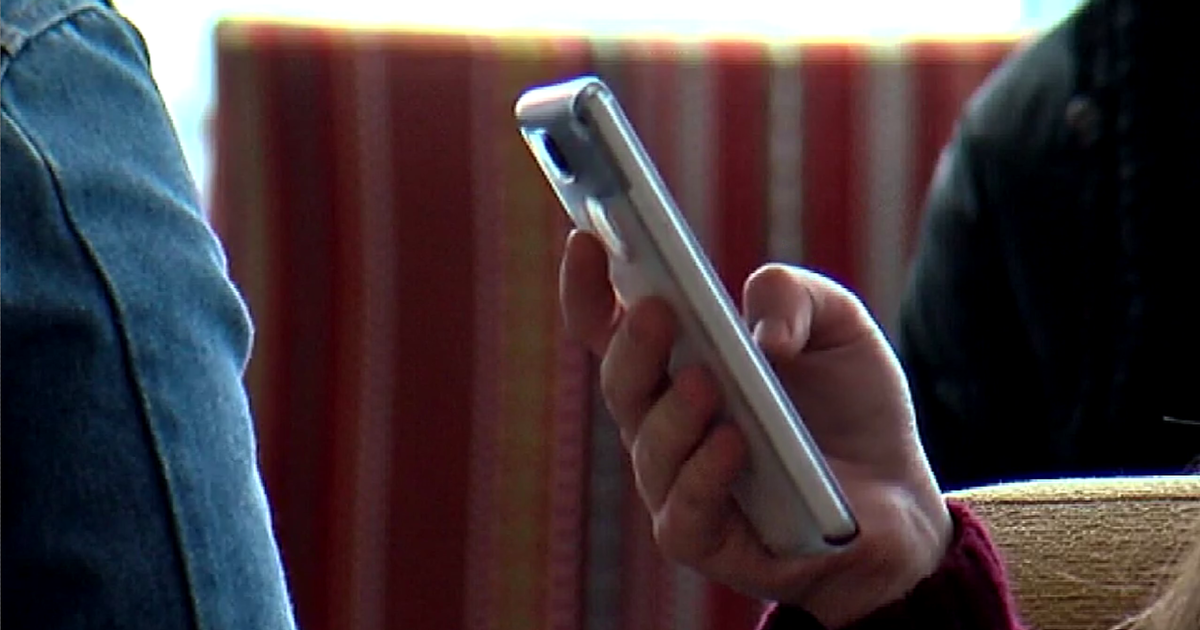CBS 2 School: Just In Time
It is time to draw closure to 2010. We have looked back at our favorite movies and books. But whom will we designate for the most coveted of all? Who is our "Person of the Year"?
As forward-looking teachers forgive us if we pick a teacher from the 5th century BC. In this blog, our person of the year is Isocrates, a teacher from ancient Athens who deserves to be noticed again today.
Few would deny that critical to any civil society is a working educational system. American's malaise is as much about our educational failures as it is about real estate bubbles.
Isocrates can teach us "just in time." And for Isocrates it is all about time. His emphasis on time, however, makes a critical distinction between "chronos" and "kairos."
Chronos is "objective" time. Chronos is what we see fixed on our calendars and our watches. At best, chronos constrains us. It makes us more likely to be technocrats than innovators. Too often our current school system gives priority to chronos. Be on time to class; turn in your homework on time. One would think that chronos is one of the most important lessons to learn.
Isocrates would have taught otherwise. Isocrates mentored some of Greece's most prominent citizens. His class emphasized kairos. Kairos is "qualitative" time. Time if used wisely is "experiential." Kairos is about making opportune decisions. It is about taking advantage of time. Kairos is not mundane but dynamic. This sort of time changes with abrupt decisiveness. Greatness has little to do with chronos and everything to do with kairos.
Isocrates summed up his learning targets this way:
"Whom, then, do I call educated? ... First, those who manage well the circumstances which they encounter day by day, and who possesses a judgment which is accurate in meeting occasions as they arise and rarely misses the expedient course of action; next, those who are decent and honorable in their intercourse with all with whom they associate, tolerating easily and good-naturedly what is unpleasant or offensive in others and being themselves as agreeable and reasonable to their associates as it is possible to be; furthermore, those who hold their pleasures always under control and are not unduly overcome by their misfortunes; … fourthly, and most important of all, those who are not spoiled by success … but hold their ground steadfastly as intelligent individuals."
Isocrates' rubric can help us assess our current political leaders. More so itt can help us grade ourselves.
In 2011 it will be imperative for us to look less at our watches hoping for times to get better. What we need now more than ever is for us to look at our times and ask what can I do to make it better? One is reminded of the words of Rabbi Hillel who said:
"If not now, when? If not me, who?"
Through the nudging of our teachers we can learn how best to "do the right thing at the right time." Our model can be a 5th century BC Athenian teacher by the name of Isocrates.
As we enter 2011, we ponder the lessons of Isocrates. We do so "just in time."



